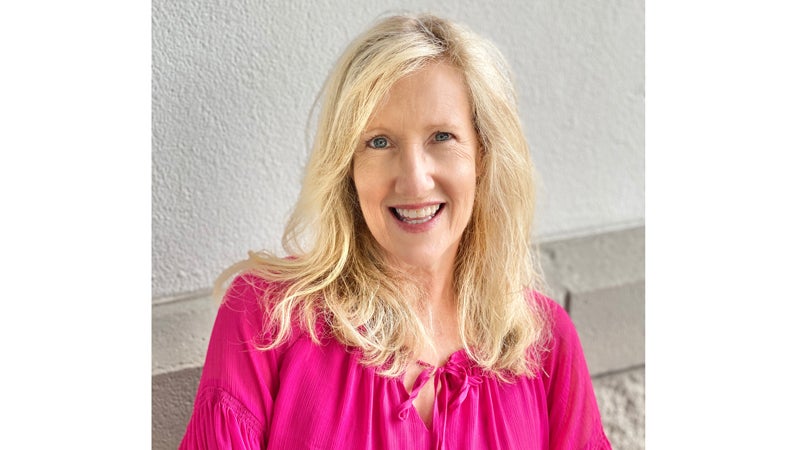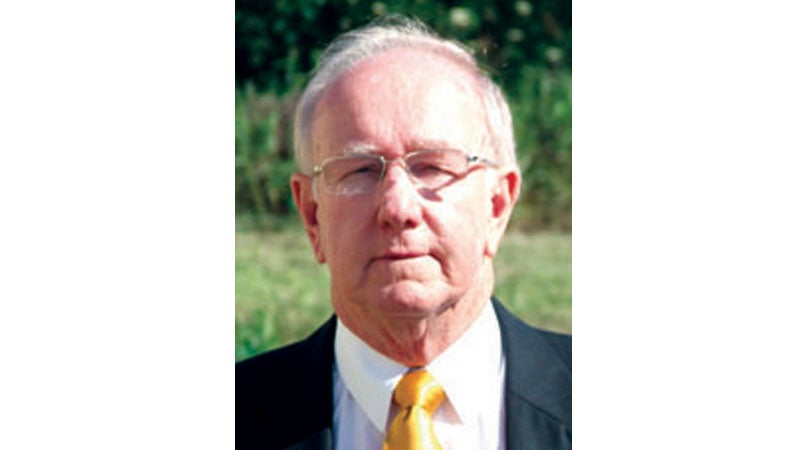The secret to a long life is simpler than you thought
Published 12:00 am Tuesday, June 17, 2008
By Kevin Chiri
This is a wonderful piece by Michael Gartner, editor of newspapers large and small and president of NBC News. In 1997, he won the Pulitzer Prize for editorial writing. It is well worth reading, and a few good chuckles are guaranteed.
My father never drove a car. Well, that’s not quite right. I should say I never saw him drive a car.
He quit driving in 1927, when he was 25 years old, and the last car he drove was a 1926 Whippet.
‘In those days,’ he told me when he was in his 90s, ‘to drive a car you had to do things with your hands, and do things with your feet, and look every which way, and I decided you could walk through life and enjoy it or drive through life and miss it.’
At which point my mother, a sometimes salty Irishwoman, chimed in:
‘Oh, bull——!’ she said. ‘He hit a horse.’
‘Well,’ my father said, ‘there was that, too.’
So my brother and I grew up in a household without a car. The Neighbors all had cars — the Kollingses next door had a green 1941 Dodge, the VanLaninghams across the street a gray 1936 Plymouth, the Hopsons two doors down a black 1941 Ford — but we had none.
My father, a newspaperman in Des Moines, would take the streetcar to work and, often as not, walk the three miles home. If he took the streetcar home, my mother and brother and I would walk the three blocks to the streetcar stop, meet him and walk home together.
My brother, David, was born in 1935, and I was born in 1938, and sometimes, at dinner, we’d ask how come all the neighbors had cars but we had none. ‘No one in the family drives,’ my mother would explain, and that was that.
But, sometimes, my father would say, ‘B ut as soon as one of you boys turns 16, we’ll get one.’ It was as if he wasn’t sure which one of us would turn 16 first.
But, sure enough , my brother turned 16 before I did, so in 1951 my parents bought a used 1950 Chevrolet from a friend who ran the parts department at a Chevy dealership downtown.
It was a four-door, white model, stick shift, fender skirts, loaded with everything, and, since my parents didn’t drive, it more or less became my brother’s car.
Having a car but not being able to drive didn’t bother my father, but it didn’t make sense to my mother.
So in 1952, when she was 43 years old, she asked a friend to teach her to drive. She learned in a nearby cemetery, the place where I learned to drive the following year and where, a generation later, I took my two sons to practice driving. The cemetery probably was my father’s idea. ‘Who can your mother hurt in the cemetery?’ I remember him saying more than once.
For the next 45 years or so , until she was 90, my mother was the driver in the family. Neither she nor my father had any sense of direction, but he loaded up on maps — though they seldom left the city limits — and appointed himself navigator. It seemed to work.
Still, they both continued to walk a lot. My mother was a devout Catholic, and my father an equally devout agnostic, an arrangement that didn’t seem to bother either of them through their 75 years of marriage.
(Yes, 75 years, and they were deeply in love the entire time.)
He retired when he was 70, and nearly every morning for the next 20 years or so, he would walk with her the mile to St. Augustin’s Church.
She would walk down and sit in the front pew, and he would wait in the back until he saw which of the parish’s two priests was on duty that morning. If it was the pastor, my father then would go out and take a two-mile walk, meeting my mother at the end of the service and walking her home.
If it was the assi stant pastor, he’d take just a one-mile walk and then head back to the church. He called the priests ‘Father Fast’ and ‘Father Slow.’
After he retired, my father almost always accompanied my mother whenever she drove anywhere, even if he had no reason to go along. If she were going to the beauty parlor, he’d sit in the car and read, or go take a stroll or, if it was summer, have her keep the engine running so he could listen to the Cubs game on the radio. In the evening, then, when I’d stop by, he’d explain: ‘The Cubs lost again. The millionaire on second base made a bad throw to the millionaire on first base, so the multimillionaire on third base scored.’
If she were going to the grocery store, he would go along to carry the bags out — and to make sure she loaded up on ice cream. As I said, he was always the navigator, and once, when he was 95 and she was 88 and still driving, he said to me, ‘Do you want to know the secret of a long life?’
‘I guess so,’ I said, knowing it probably would be something bizarre.
‘No left turns,’ he said.
‘What?’ I asked.
‘No left turns,’ he repeated. ‘Several years ago, yourmother and I read an article that said most accidents that old people are in happen when they turn left in front of oncoming traffic.
Kevin Chiri is Publisher of L’Observateur and can be reached at (985) 652-9545 or at kchiri@bellsouth.net




